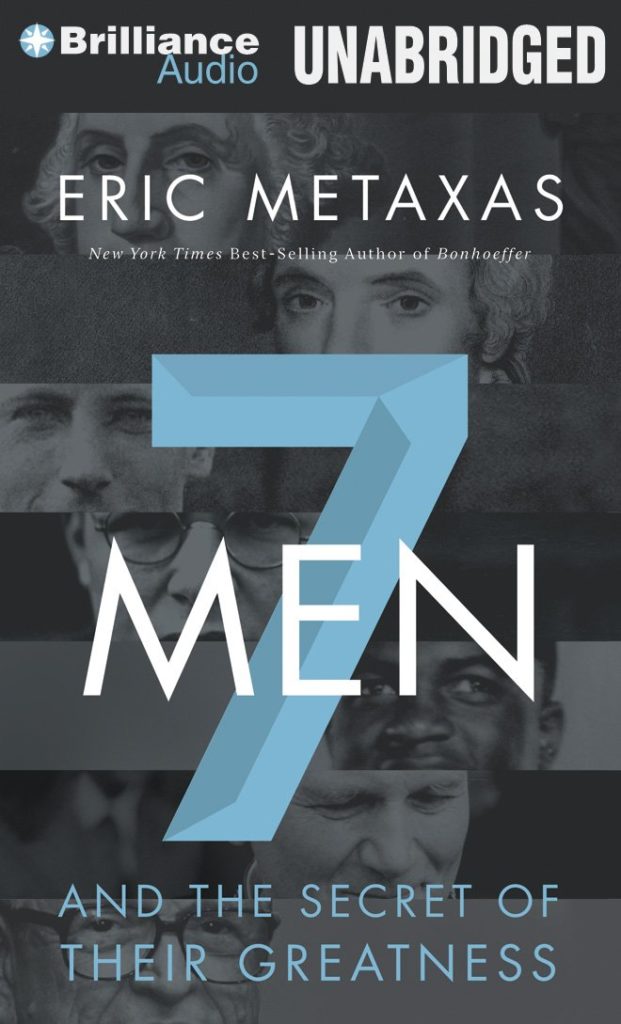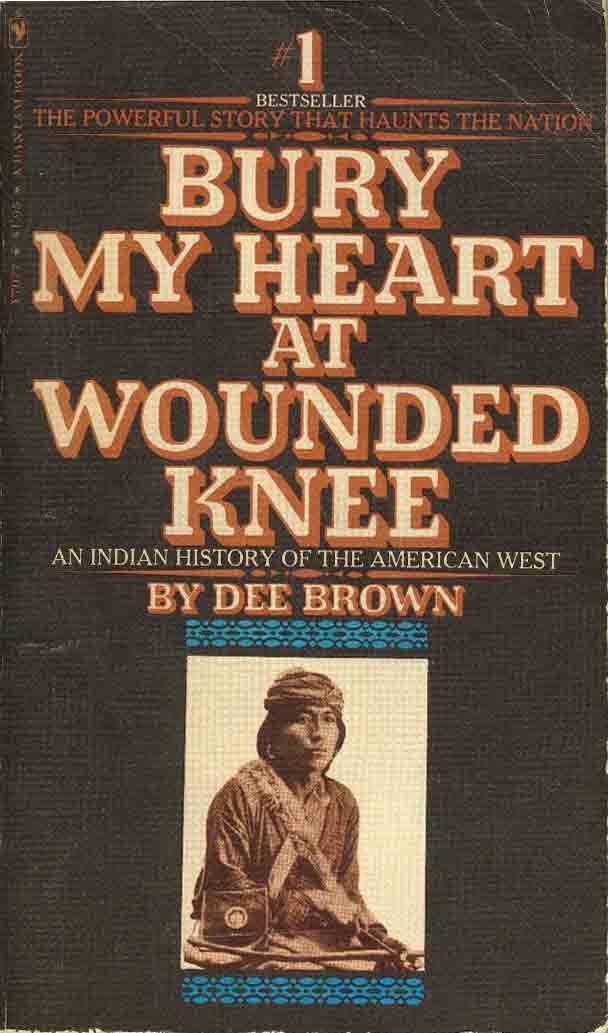What makes a man a man? Can we even ask that question in our increasingly androgynous culture? Eric Metaxas does, but instead of giving a long detailed answer he points his finger in the direction of 7 men and says, “be like them and you’ll be the man.” The common thread in all seven of these men was their unwavering commitment to protect the weak and uphold the cause of the persecuted. They were compelled to sacrifice their careers, their time, their popularity, their resources, and even their lives for the good of others. In Metaxas’ estimation, this is what makes a man, a man.
- George Washington — As the leader of the newly minted United States, everyone assumed that he would become the new “King George”. In fact, many wanted just that, instead he willingly gave away his power so the idea of democracy could stand. Never in history has someone let go of so much power so willingly. Self-aggrandizement was never on Washington’s agenda, he lived to protect and help others. Over the course of his life, he amassed 300 slaves but became increasingly convicted about the legitimacy of owning people. At his death, he freed them all. Giving the older ones pensions and ensuring the education of the younger.
- Eric Liddell — Son of Scottish missionaries to China, he spent a good portion of his growing up years separated from his parents, as it was too dangerous to live in China with them. He excelled in sports in England’s boarding schools and rocketed to fame becoming known as the “Flying Scotsman.” He preferred principled living over popularity and only used his fame to raise funds and awareness for the plight of disenfranchised people in England and China. When his turn came to represent England in the 1924 Olympics he shocked the world by refusing to run in the men’s one hundred meter event because it was held on Sunday. Instead, he opted to run the 400, which was not his best event. Incredibly, he won that race setting an Olympic record. Eric ended up in Canada with his wife and two children at the onset of World War II, but his heart was with the people of China, so in the face of great danger, he bid his family farewell and made one more trip to the land of the Chinese. The storm clouds of war burst upon him while in China and he never returned home. His end came in a POW camp. In the camp, Eric regularly sacrificed himself by doing the most unwanted tasks and giving away what little he had. The camp was home to hundreds of international children separated from their parents because of the war, with no thoughts about his own health, he dedicated himself completely to their care.
- Dietrich Bonhoeffer — Bonhoeffer, was able to escape the ruin of his country in 1939 by accepting a position at Union Seminary in New York. Since he was a brilliant theological mind and leader of the confessing church, he was deemed as too important to be swallowed up in Hitler’s nightmare. He was compelled however to return home after only two weeks in the United States. He simply had to help Christians and Jews suffering in Germany. He willingly returned to his homeland and fought against evil from the inside. Eventually, he was implicated in a plot to overthrow Hitler and was hung.
- Pope John Paul II — Growing up in Poland, long before he became Pope, he battled the moral bankruptcy that communism brought. With humor, care, and charisma his long-term resistance to the communist world view helped to bring about its downfall. As Pope, he was tireless in reaching out to people. He never viewed his office as impressive, rather, it was an opportunity for him to serve and love people. Often he would plunge into crowds blessing, serving, and helping. This created security nightmares, but he never seemed to fear losing his life. When he was shot, he sought out his assailant in order to demonstrate to the world Christ’s teaching on forgiveness. When Parkinson’s began to assault him, he purposely stayed in the public eye, believing that in his weakness Christ would be made strong.
- Chuck Colson — The notorious fall guy for the Water Gate scandal that impeached President Nixon. He was as Machiavellian as they get, his misdeeds caught up with him and he was sent to prison, but not before he was converted to Christ. His conversion led him to embrace the value of truth. Instead of fighting his accusers, he confessed his sins to the court. His honesty is what sent him to prison. However, he told the world that perhaps God was calling him to be a missionary to prisoners. He never left that calling, giving his life to an organization he started after he served his time. Through Prison Fellowship countless inmates have been helped worldwide.
- William Wilberforce — Born into privilege he enjoyed life safely distanced from the margins of society. In his mid 20’s he became a follower of Jesus. His faith it seemed, could not be compatible with his profession as a politician. That is until he became aware of the reality of slavery. A vision galvanized and for the rest of his 40 years, he battled tirelessly to outlaw slavery in the British empire.
- Jackie Robinson — If you had black skin you were not allowed to play professional sports in America and that’s just the way it was. But the manager of the Brooklyn Dodgers didn’t see it that way. His faith, couldn’t allow him to look past this inequality. He needed someone who could help him break the race barrier in professional sports. This person would need a unique kind of strength. The strength to NOT fight back, just like Jesus. He found Jackie, a super talented player, with black skin, who followed the teachings of Jesus. As he helped Jackie became a pro, threats, abuse, and persecution mounted, Jackie endured the humiliation, with grace and dignity. He refused to strike back. Most men would not have been able to endure it, but Jackie did because he was convinced he was serving a cause greater than himself.
00




